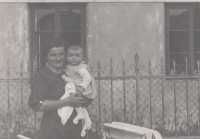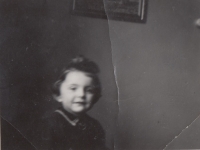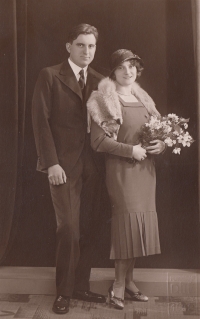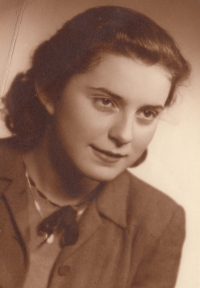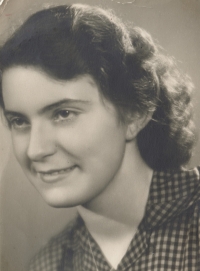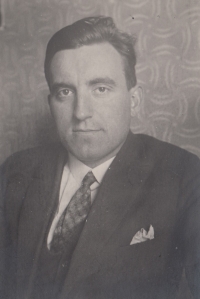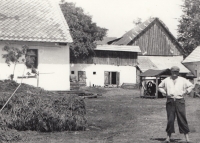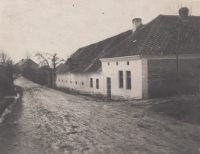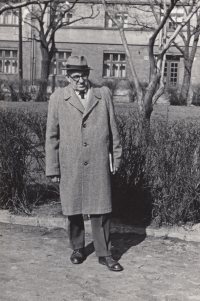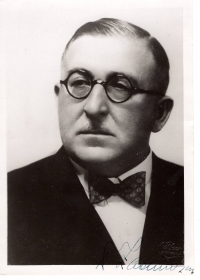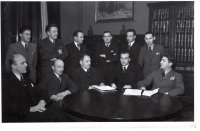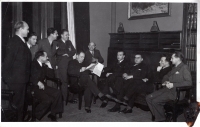You cannot be open to everyone

Download image
Eva Pacovská was born on December 21, 1935 in Prague and spent her childhood and adolescence there. She went to school in Prague-Vršovice and was a member of Sokol and the Scouts. She also spent a large part of her childhood on a family farm in Pertoltice, which fostered her relationship with agriculture. Her father, JUDr. Jan Škramovský, worked as an official of the Ministry of Agriculture. Due to the Feierabend affair, he was interrogated by the Gestapo during the war, and after 1948 he was also persecuted by the Communists. The witness experienced an air raid on Prague as a child on February 14, 1945, during which a neighboring house was bombed. Until the end of the war, they lived with relatives in Řevnice, where they experienced another raid on the train station and at the beginning of May 1945 the arrival of General Vlasov’s armies. After February 1948, the Communists expropriated the family’s farm in Pertoltice. After graduating from the University of Agriculture, she worked in agriculture all her life, either as a zootechnician, an official at the regional agricultural administration or as a business planner. After the August occupation in 1968, she flew a demonstrative black banner and was fired for her anti-occupation stances. In the following years she could not travel abroad. After 1989, the farm in Pertoltice was returned to the family, and she herself took part in the handing over of agricultural land to the original owners from her working position.
